 15th January 2024 Economy / WEF
15th January 2024 Economy / WEFThe sector faces significant challenges yet holds great potential for addressing global issues.
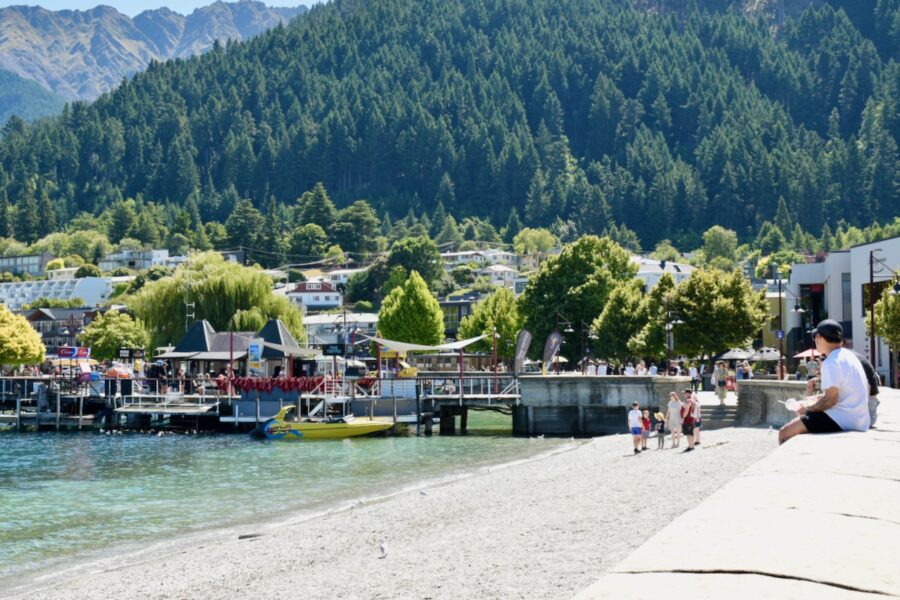 14th November 2023 Economy / QLDC
14th November 2023 Economy / QLDCQueenstown Lakes District Council is seeking public feedback on a regional diversification plan that aims to attract businesses, build on tourism expertise, and grow a local economy in other industries.
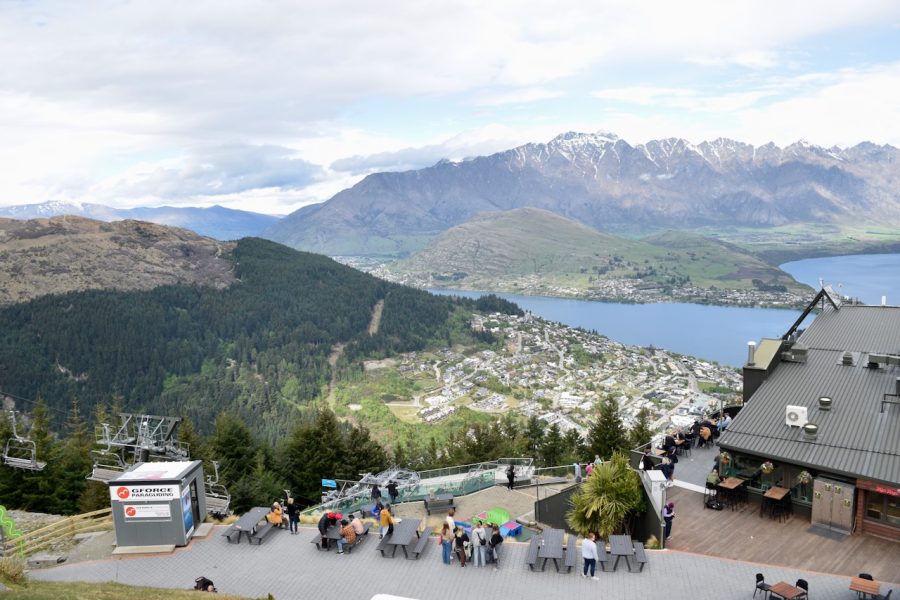 11th October 2023 Economy / Westpac
11th October 2023 Economy / WestpacOtago and Auckland in particular are benefitting from the recovery in international travel.
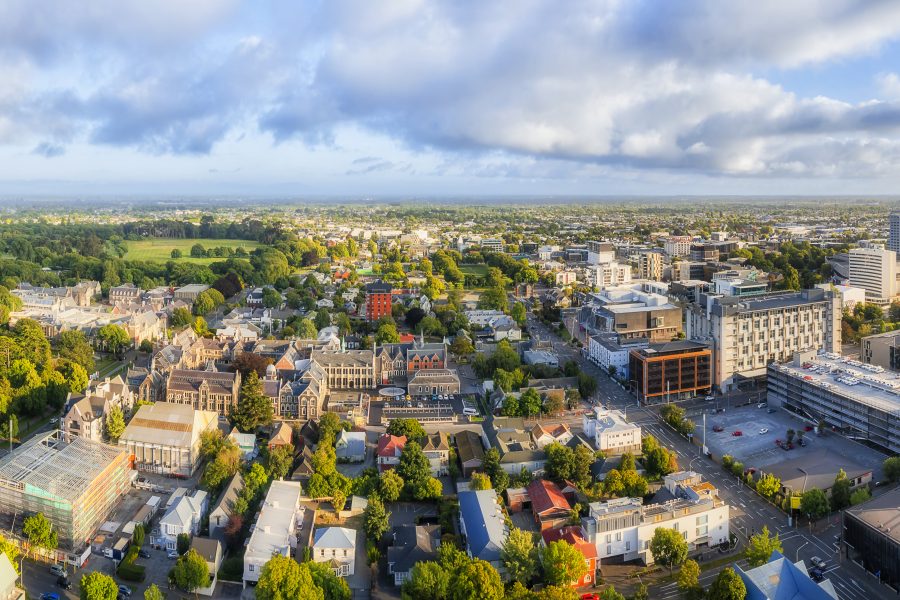 26th September 2023 Economy / Survey
26th September 2023 Economy / SurveyConfidence within the Canterbury business sector has fallen due to uncertainty around inflation, interest rates, and demand but those in tourism-related sectors are more positive.
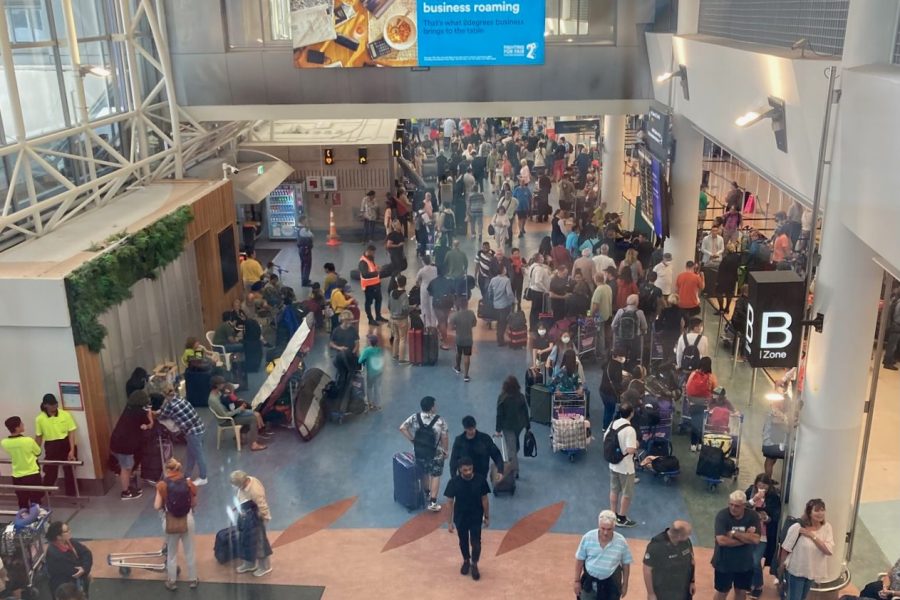 21st September 2023 Economy / Recovery
21st September 2023 Economy / RecoveryThe return of international visitors is helping to improve New Zealand’s economy and shrink the current account deficit, according to Finance Minister Grant Robertson.
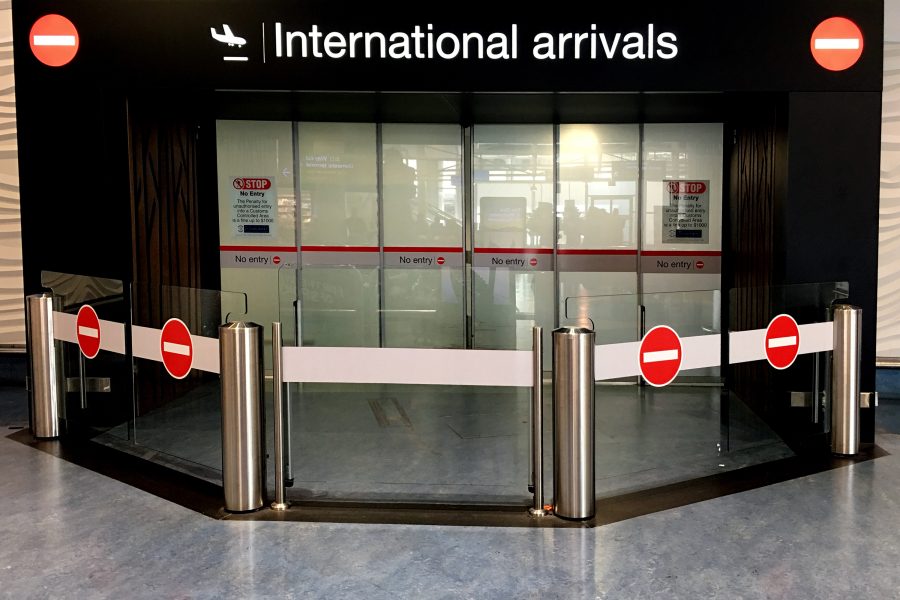 10th August 2023 Economy / Westpac
10th August 2023 Economy / WestpacTourism is one of the bright spots for New Zealand’s economy in an otherwise muted environment, says Westpac.
 4th July 2023 Economy / Hospitality NZ
4th July 2023 Economy / Hospitality NZTourism has come back faster than even Treasury expected and is one of four reasons New Zealand’s recession is not as bad as many expected, says Dominick Stephens.
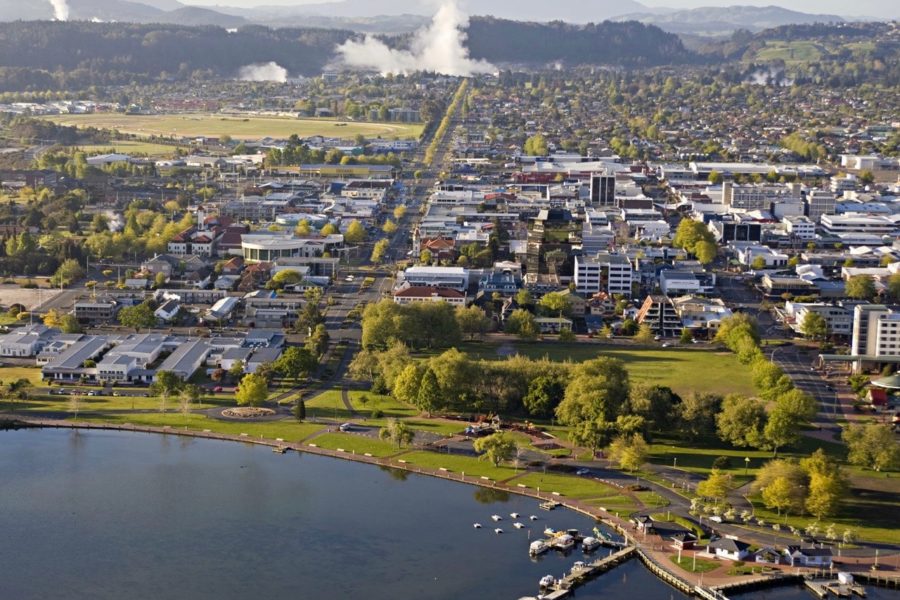 26th May 2023 Economy / Recovery
26th May 2023 Economy / RecoveryRotorua businesses are feeling more upbeat about the future of the city, according to the latest Business Pulse report by RotoruaNZ.
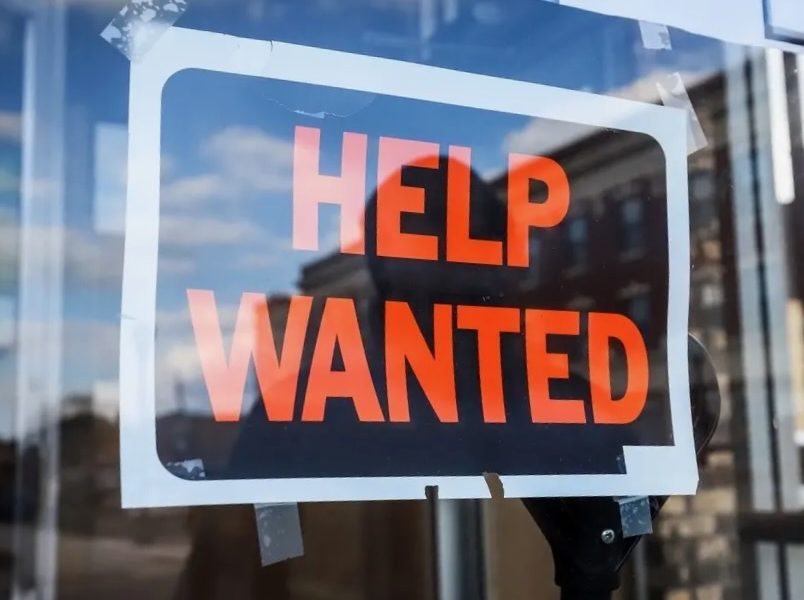 4th May 2023 Economy
4th May 2023 EconomyBusinesses are grappling with a range of challenges, including a shortage of skilled workers, increasing supply chain costs, and the impacts of recent weather events.
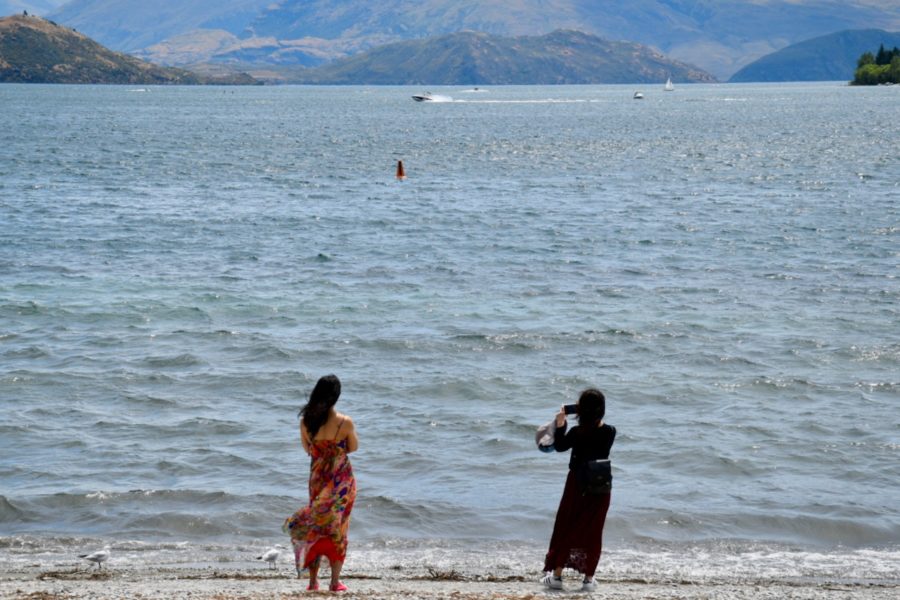 18th April 2023 ASB / Economy
18th April 2023 ASB / EconomyThe key Chinese market is only in the early stages of recovery, says the bank.
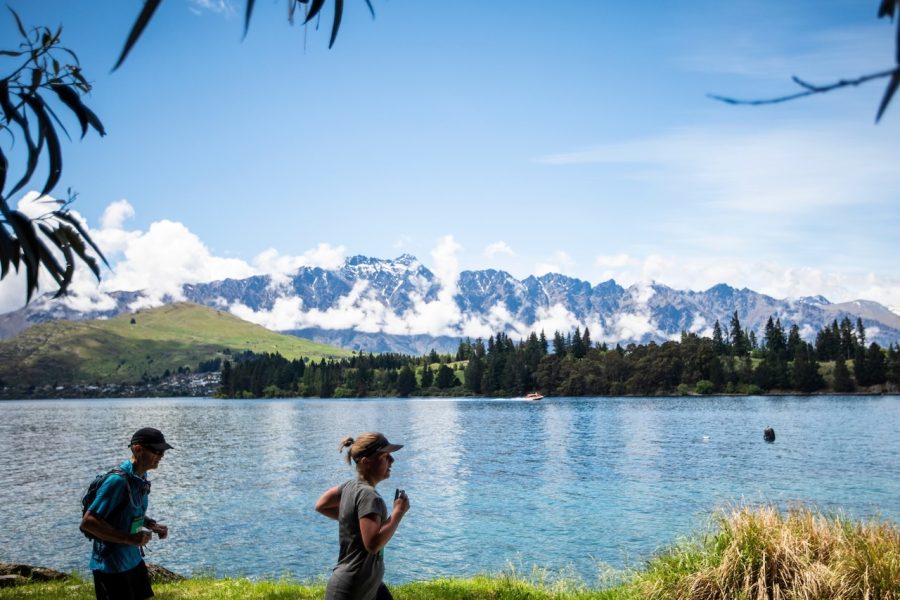 31st March 2023 ASB / Economy
31st March 2023 ASB / EconomyRegions hit hard by the downturn in international tourism during the pandemic have made a strong recovery.
 17th March 2023 Economy / TIA
17th March 2023 Economy / TIADecember’s 0.6% GDP slide provides an opportunity for tourism to play an important role in moving back to positive territory, TIA believes.
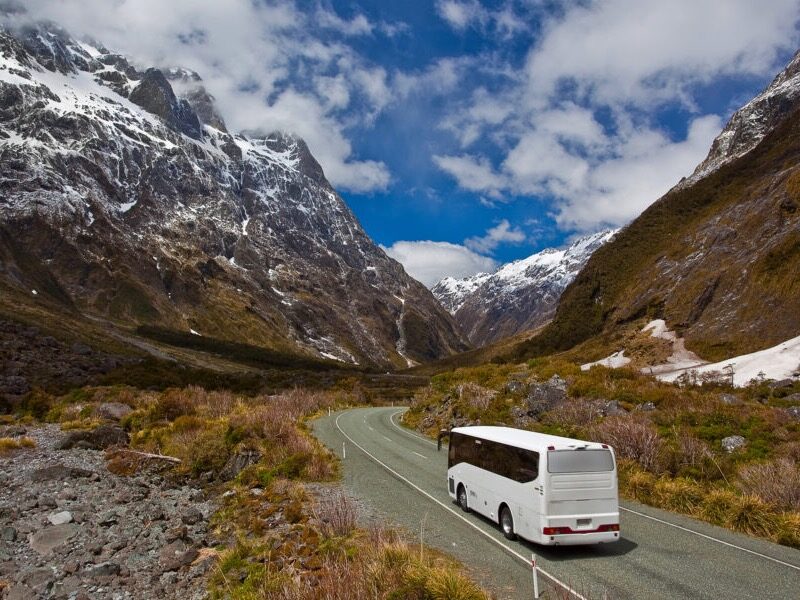 22nd February 2023 Economy / Infometrics
22nd February 2023 Economy / InfometricsThe strong recovery of the tourism sector has helped boost the transport sector and wider economy, according to Infometrics’ December 2022 Quarterly Economic Monitor.
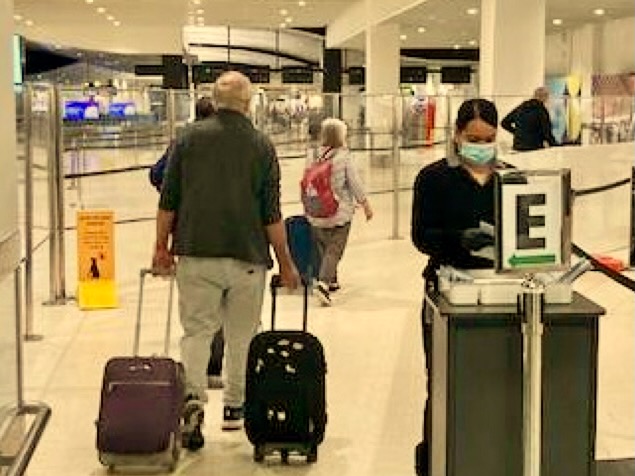 15th December 2022 Economy / Recovery
15th December 2022 Economy / RecoveryThe return of international travel has given the economy an unexpected lift, surprising analysts with the strength of activity.
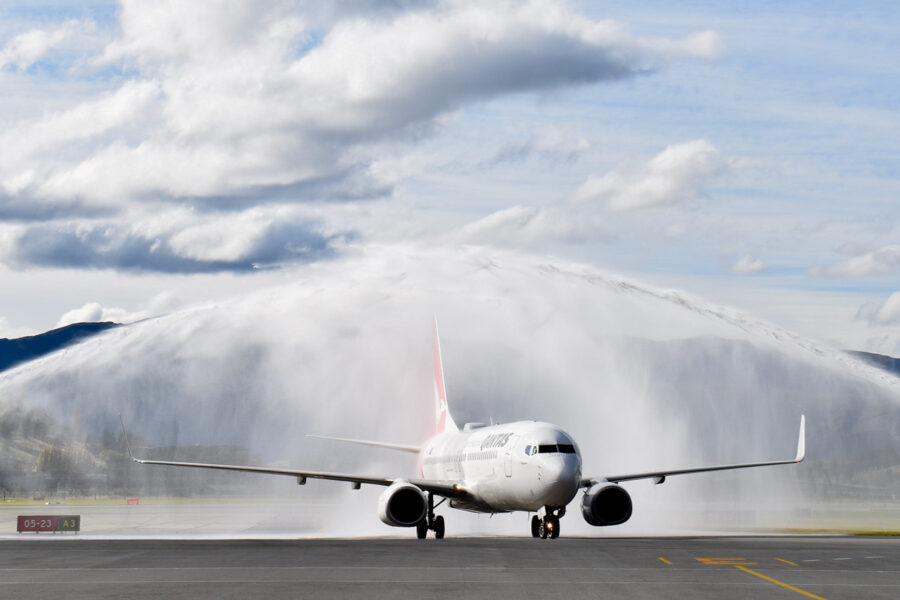 15th September 2022 Economy
15th September 2022 EconomyThe return of international visitors has given the country’s economy a boost.
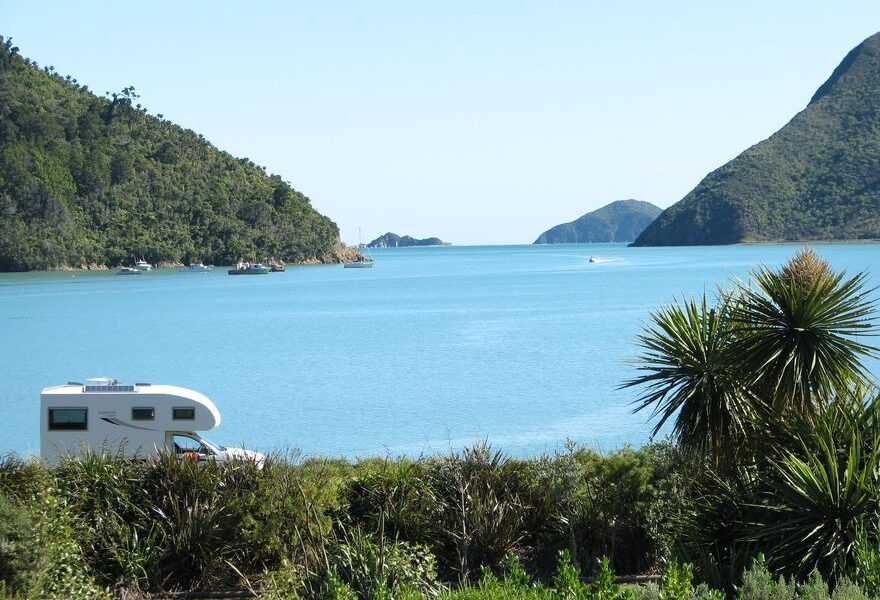 9th September 2022 Economy / Spend
9th September 2022 Economy / SpendMarlborough’s local tourism expenditure was down 7.7% in the year to June – more than the 6.6% drop reported nationally, according to Infometrics.
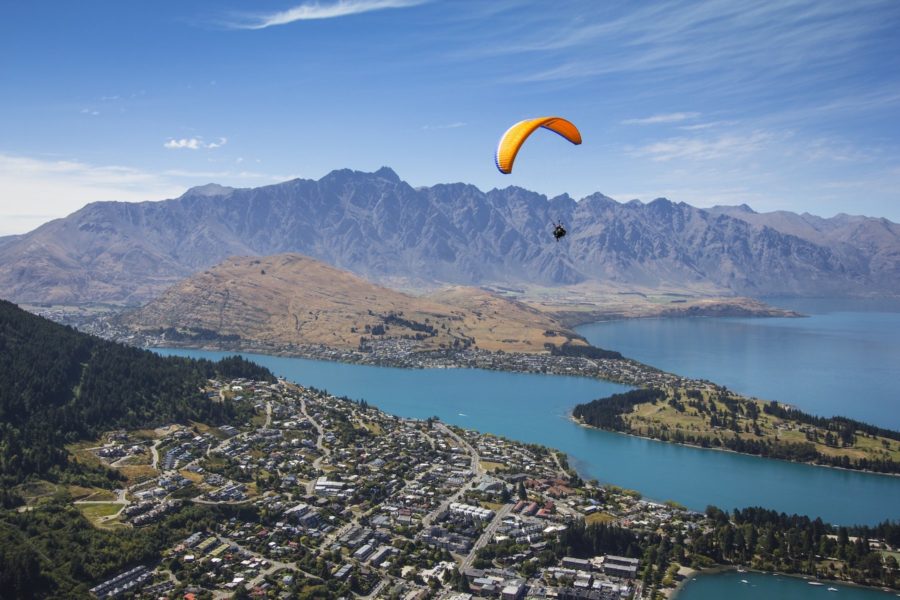 5th August 2022 Economy / QLDC
5th August 2022 Economy / QLDCQueenstown Lakes District Council is seeking tenders for the implementation of its District Economic Diversification Plan.
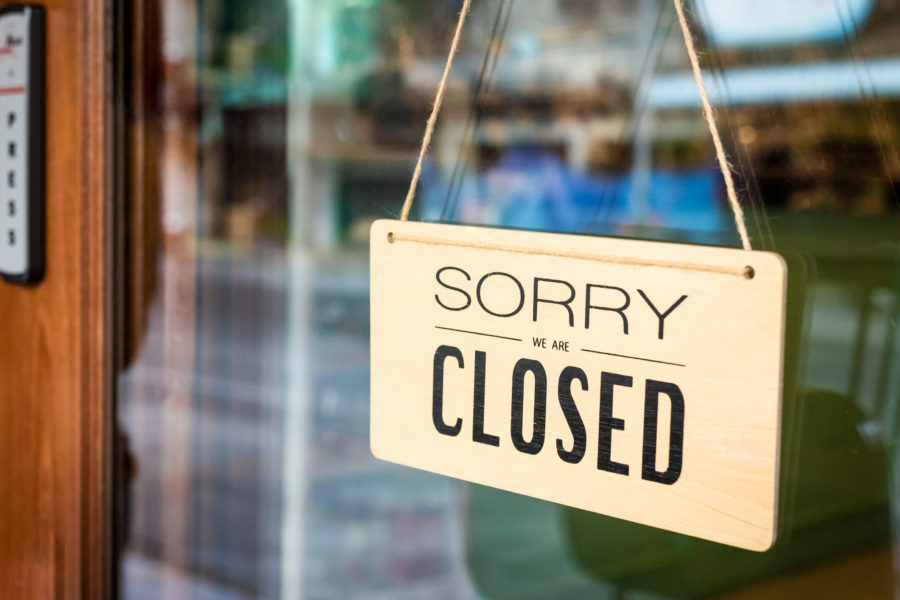 20th July 2022 Economy / Employment
20th July 2022 Economy / EmploymentBusiness confidence has dipped due to the pain of interest rates, finding skilled staff, and rising costs.
 20th July 2022 Economy / Employment
20th July 2022 Economy / EmploymentThe constrained labour market and lack of overseas workers are the biggest barrier to business, the Quarterly Canterbury Business Survey
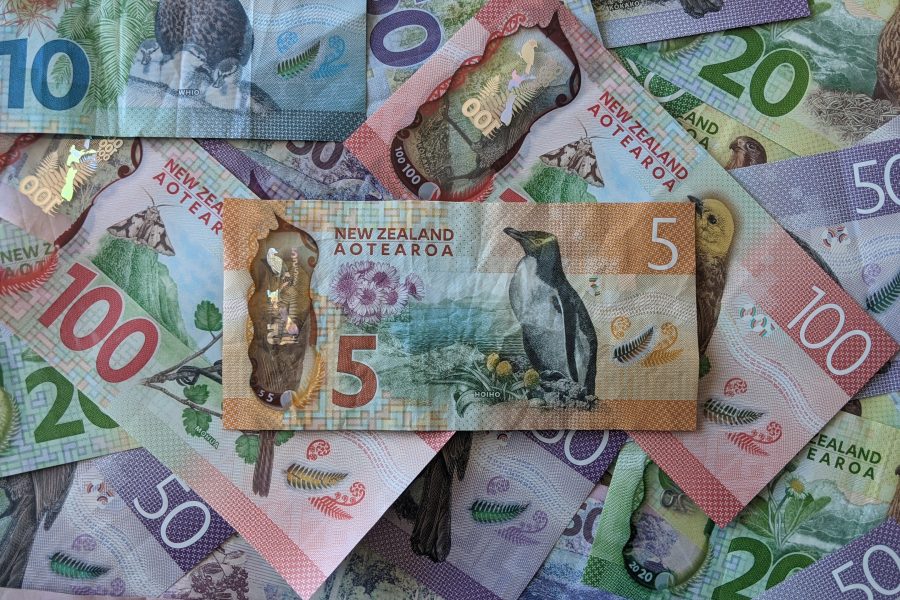 2nd May 2022 Economy / Recovery
2nd May 2022 Economy / RecoveryRising costs are prompting price revisions with little room to manoeuvre in a recovering market for ITOs and suppliers.
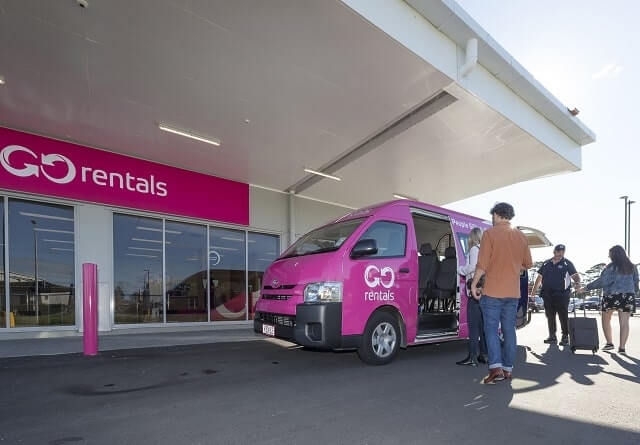 29th April 2022 Economy / Recovery
29th April 2022 Economy / RecoveryThe Ticker looks at how tourism businesses are coping with rising costs and whether they can increase prices in a recovering market.
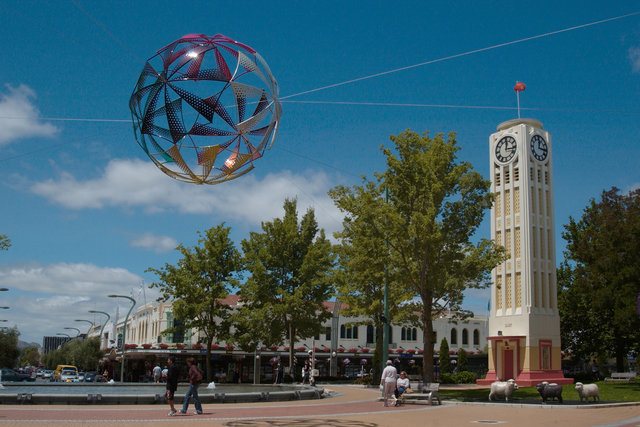 9th March 2022 Economy / Spending
9th March 2022 Economy / SpendingDespite tourism spend up 16% the city’s events, hospitality and retail sectors still face challenges.
 15th December 2021 Economy / Westpac
15th December 2021 Economy / WestpacTourism-dependent Otago has suffered from Auckland’s lockdown.
 8th December 2021 Economy
8th December 2021 EconomyCredit defaults for businesses overall fell 5% in November compared to last month as the economy recovers heading into summer, according to Centrix.
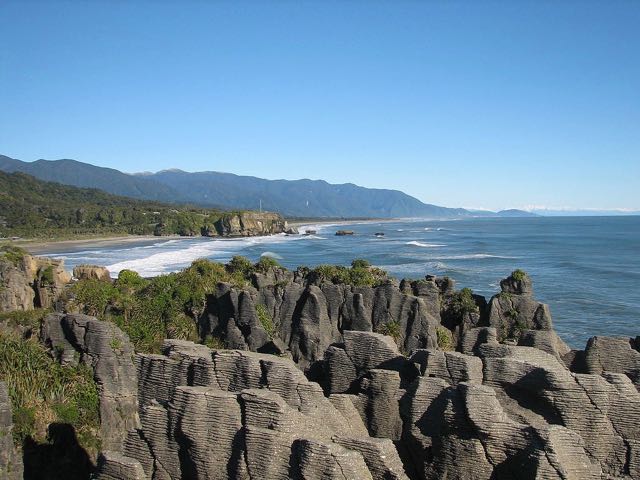 28th September 2021 ASB / Economy
28th September 2021 ASB / EconomyThe West Coast has made a “stunning” return to the top of ASB’s latest measure of regional economic performance.
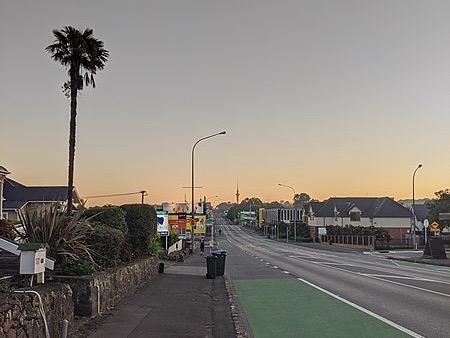 7th September 2021 ASB / Economy
7th September 2021 ASB / EconomyASB Bank expects the economy to rebound 8% in Q4 if the elimination of Covid-19 in Auckland is successful.
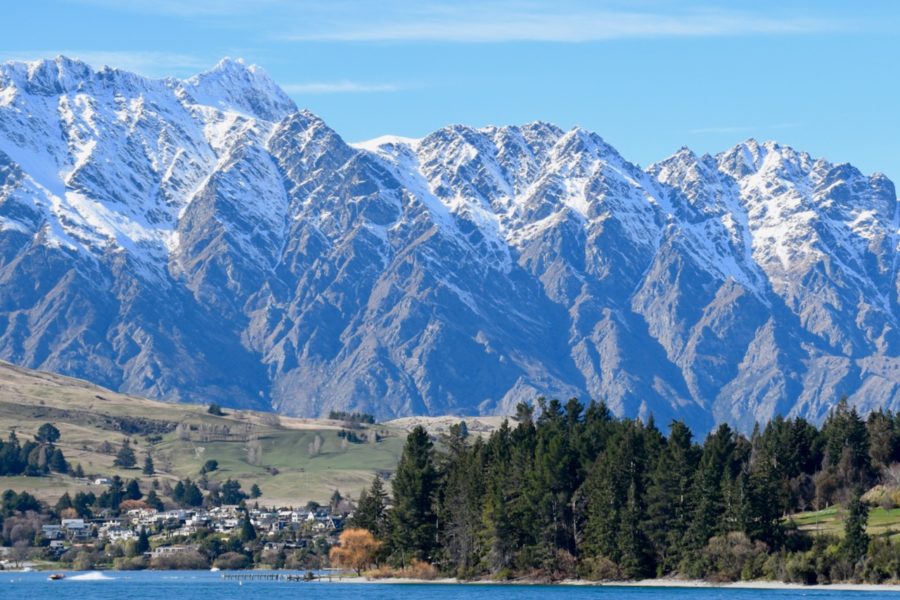 6th July 2021 Campaigns / Economy
6th July 2021 Campaigns / EconomyQueenstown Lakes has launched a campaign to attract business leaders, employers, and talent to the district to help diversify its economy from tourism.
 5th July 2021 Economy / Report
5th July 2021 Economy / ReportThe divide between the north and south has widened due in part to the latter’s reliance on tourism, says the bank.
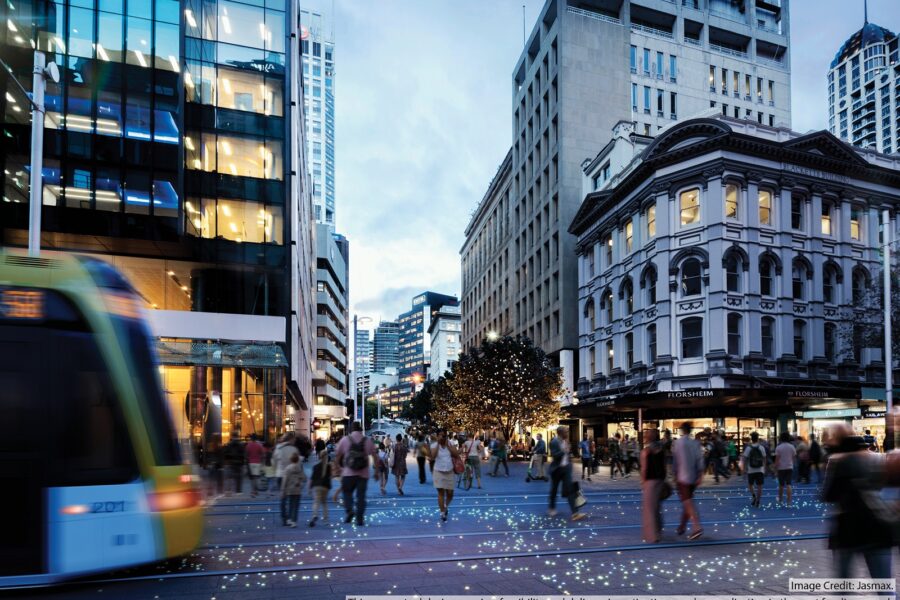 25th June 2021 Economy
25th June 2021 EconomyA recent BusinessNZ Planning Forecast shows gross domestic product figures “holding up well, [but] constraints to growth are rising,” says chief executive Kirk Hope.
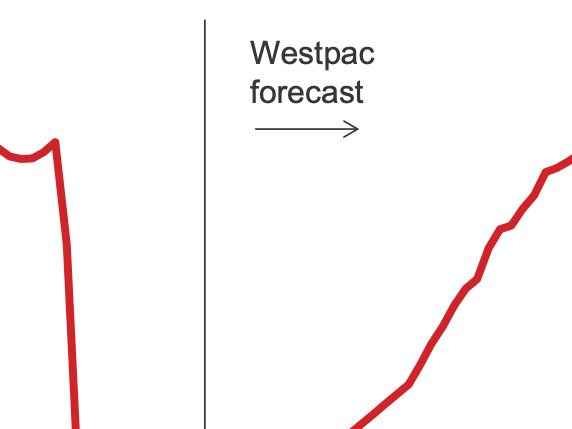 18th May 2021 Economy / Recovery
18th May 2021 Economy / RecoveryBank now predics a recovery in monthly international visitor arrivals around 2024.
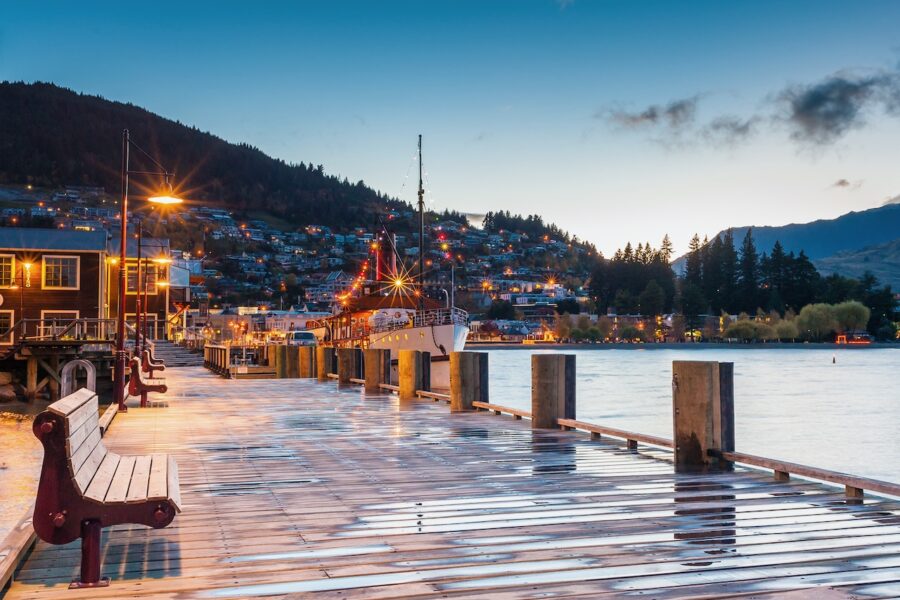 14th January 2021 Economy / Recovery
14th January 2021 Economy / RecoveryBut tourism in regions like Hawke’s Bay and Northland has fared better, says the bank.
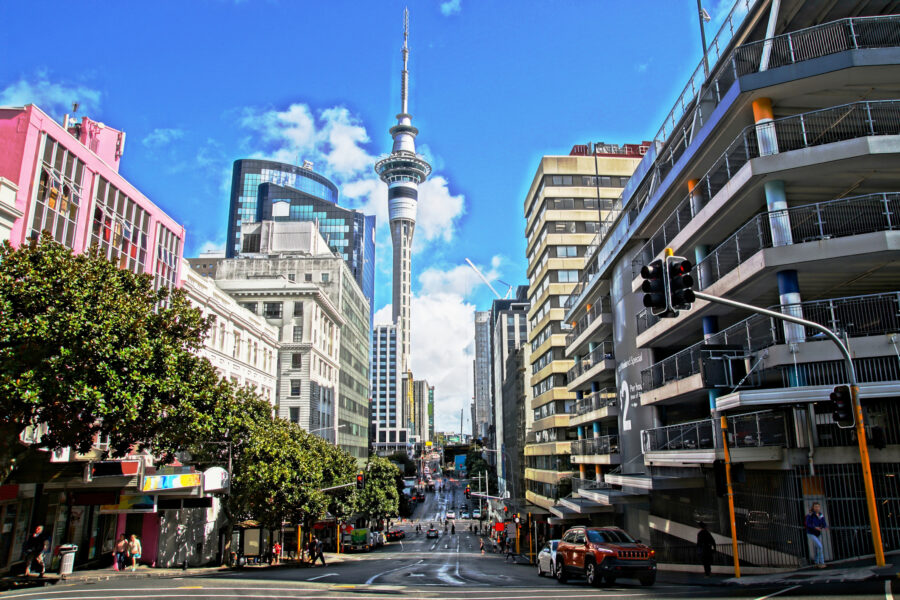 12th November 2020 Economy
12th November 2020 EconomyThe $450m hole that Covid-19 has punched in Auckland Council’s finances this year could grow by a further $540m by 2024, says Auckland Council.
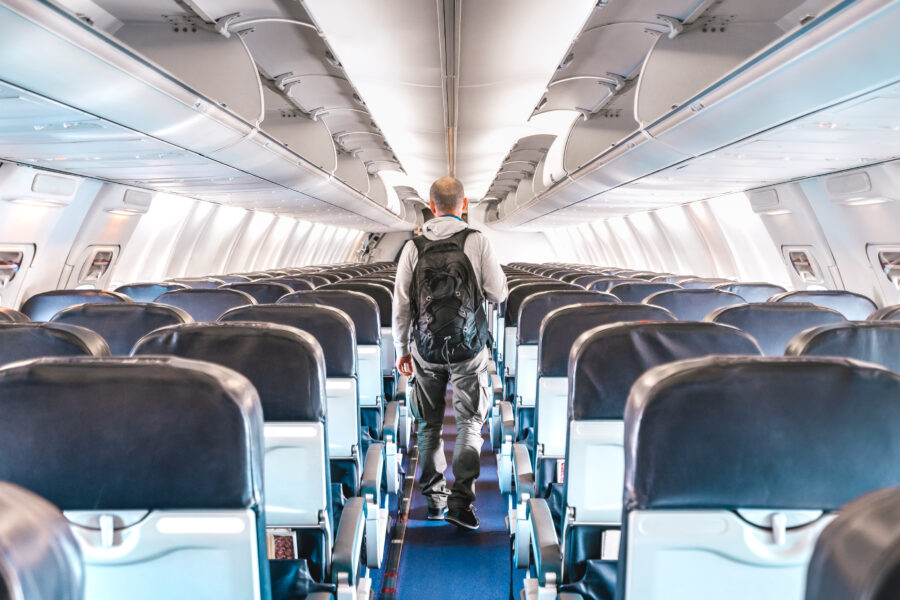 17th September 2020 Economy / Government
17th September 2020 Economy / GovernmentHowever, tourism could start recovering from September next year with safe travel corridors possibly open.
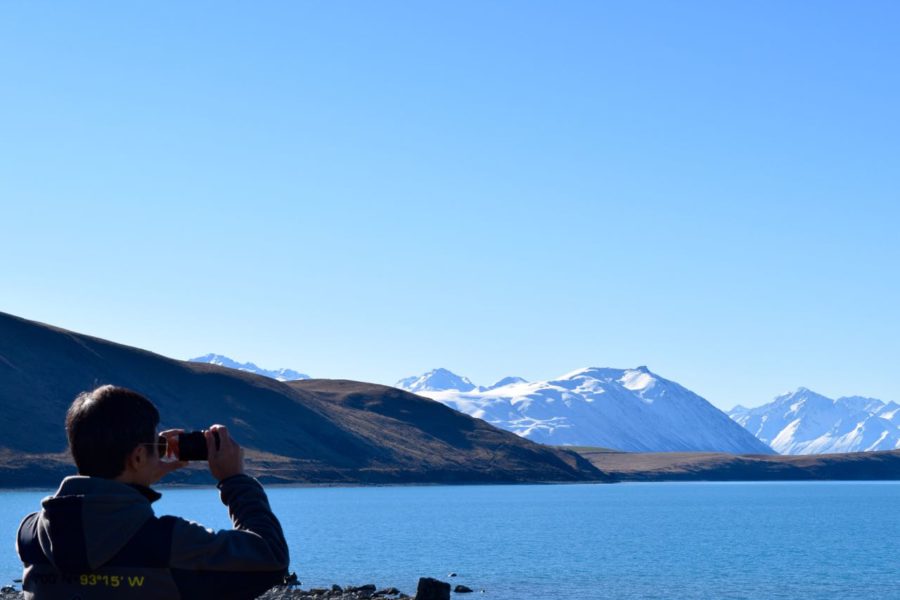 7th September 2020 Economy
7th September 2020 EconomyTourism is the most visible casualty from Covid-19 with a “dramatically reduced” likelihood of large scale reopening of New Zealand’s borders.
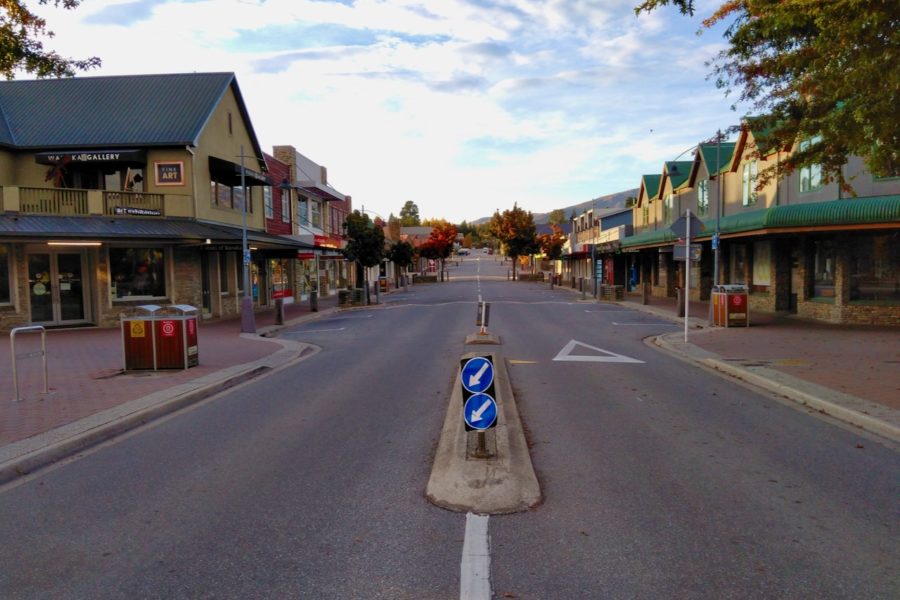 14th August 2020 Covid-19 / Economy
14th August 2020 Covid-19 / EconomyWestpac and NZIER analyse the cost of lockdowns and the impact on hard-hit tourism.
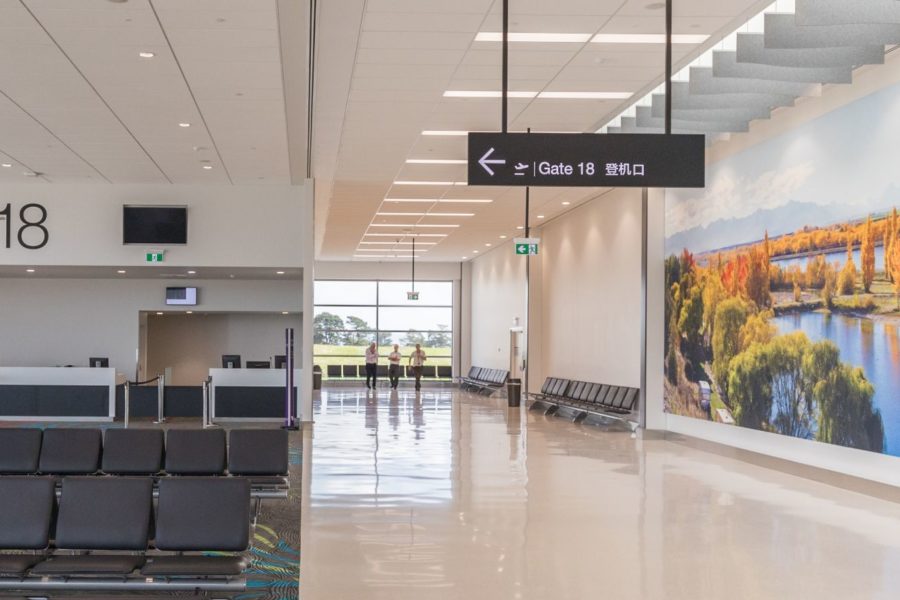 10th July 2020 Economy / Survey
10th July 2020 Economy / SurveyDespite an improvement in business confidence, an inconvenient truth remains – there’s a very large economic hole where tourism used to be.
 1st July 2020 Economy / Report
1st July 2020 Economy / ReportNew Zealand’s reliance on international tourism will see it suffer more than its major trading partners as the fight against Covid-19 drags on, says ASB.
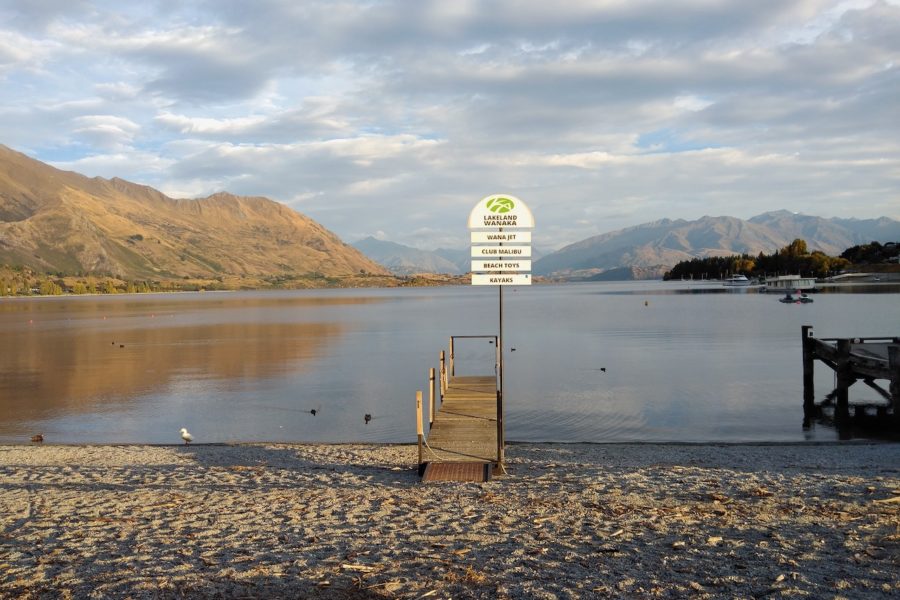 25th June 2020 Data / Economy
25th June 2020 Data / EconomyThe impact of Covid-19 on the tourism sector resulted in sharp drops in confidence across most regions that relied heavily on international visitors.
 19th June 2020 Economy / Recovery
19th June 2020 Economy / RecoveryOtago’s high exposure to tourism means it is facing the “biggest economic struggle” of the post-lockdown recession.
 19th June 2020 Data / Economy
19th June 2020 Data / EconomyIt was the largest quarterly fall since the 2.4% decline in the March 1991 quarter.
 17th June 2020 Data / Economy
17th June 2020 Data / EconomyConsumer confidence is the lowest it has been since 2009, according to the latest Westpac McDermott-Miller Consumer Confidence Index.
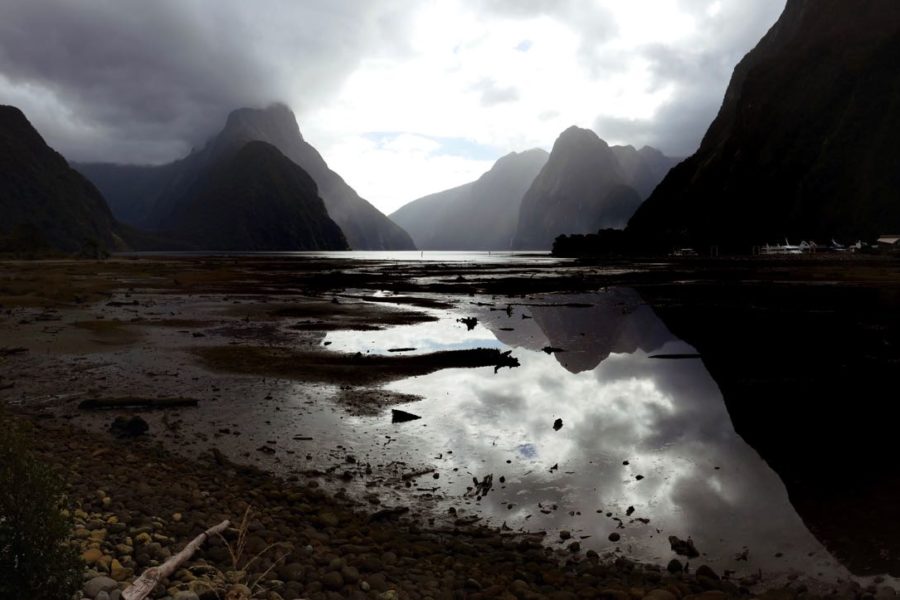 21st May 2020 Economy / Employment
21st May 2020 Economy / EmploymentTourism and construction dependent regions are most at risk, say the economists.
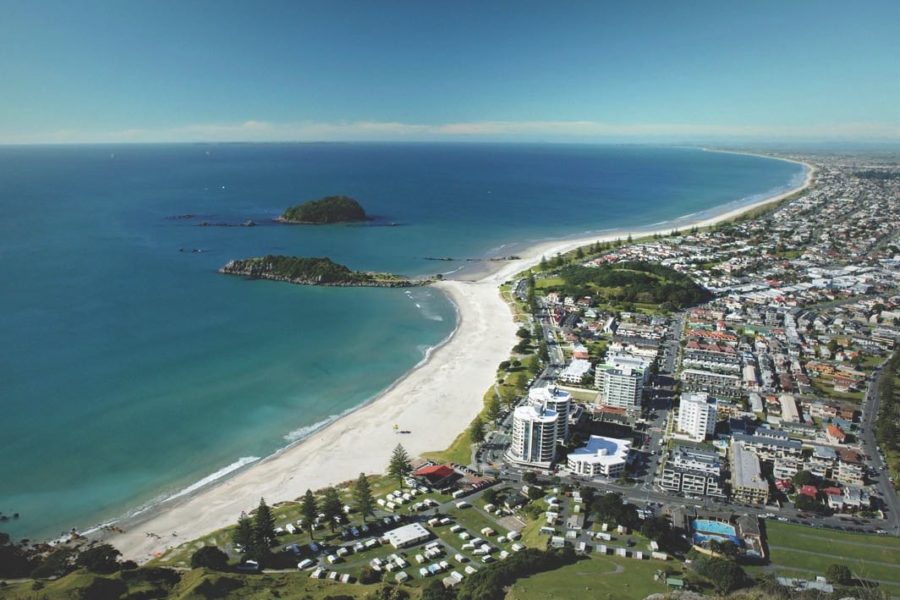 20th May 2020 Economy / Research
20th May 2020 Economy / ResearchThe Covid-19 crisis may not have as severe an impact on the Bay of Plenty as other parts of New Zealand, says the Bay of Plenty Regional Council.
 7th May 2020 Covid-19 / Economy
7th May 2020 Covid-19 / EconomyFormer Wayfare boss, Richard Lauder, has called for the scrapping of alert levels arguing they were constructed for an upward path into lockdown, not for a move out of lockdown and a restoration of economic activity.
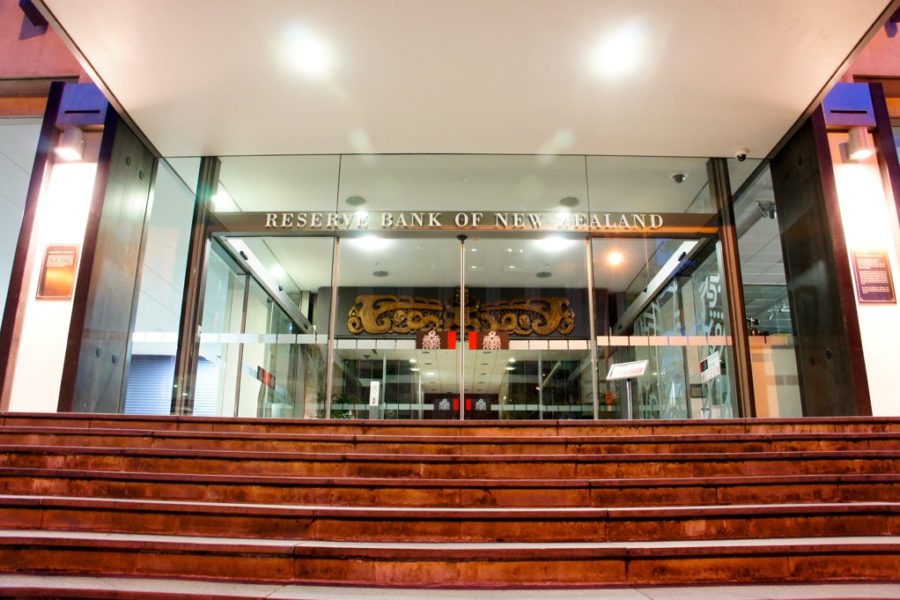 7th May 2020 Economy / Report
7th May 2020 Economy / ReportThe report’s findings have prompted renewed calls from industry for a loosening of travel restrictions.
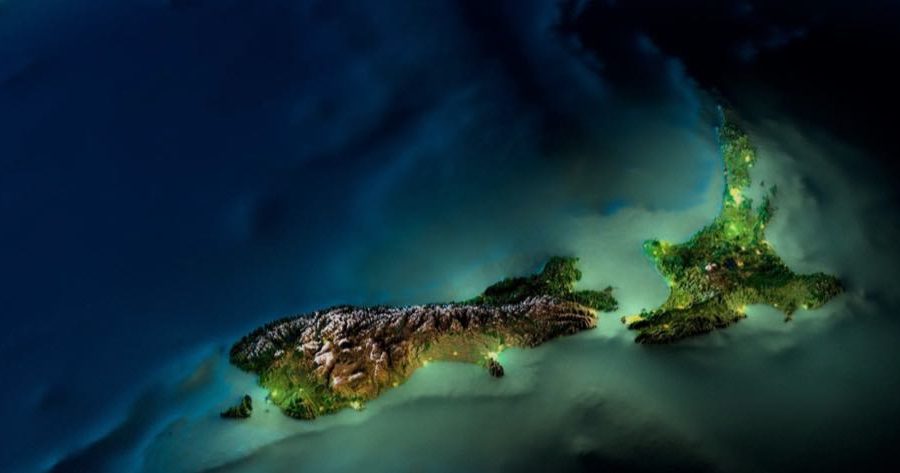 14th April 2020 Economy / Government
14th April 2020 Economy / GovernmentUnemployment could range between 13% – 26% as New Zealand tries to cope with the impact of Covid-19.
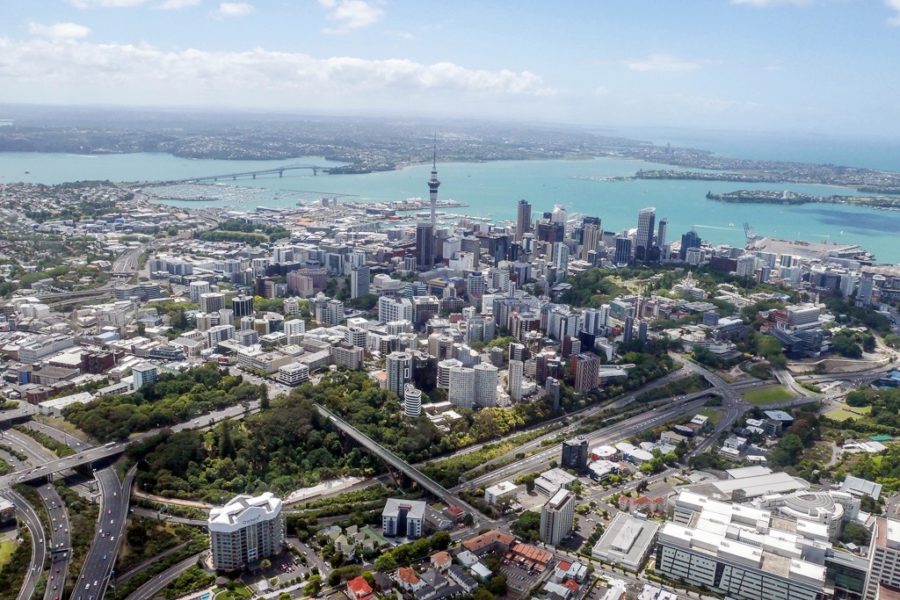 7th April 2020 Covid-19 / Economy
7th April 2020 Covid-19 / EconomyPrepare for a “tumultuous” year ahead with the winners being “those that are set up to thrive in a challenging environment”, says ASB.
 1st April 2020 Covid-19 / Economy
1st April 2020 Covid-19 / EconomyBusiness confidence plunged over the second half of March as the Covid-19 outbreak become a global pandemic, says ANZ.
 30th March 2020 Covid-19 / Economy
30th March 2020 Covid-19 / EconomyTourism is in for a long haul back to pre-pandemic levels with the outbreak costing around 200,000 jobs, according to the country’s banks.
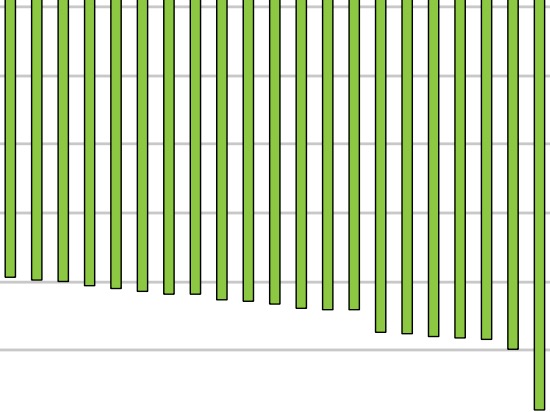 30th March 2020 Covid-19 / Economy
30th March 2020 Covid-19 / EconomyNew Zealand could suffer one of the worst contractions in economic activity due to the Covid-19 lockdown, according to a new report.